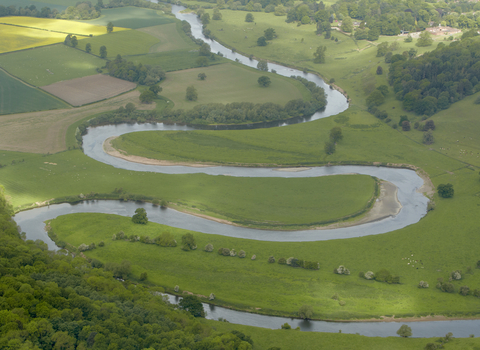In 2019, raw sewage was discharged into rivers across England and Wales for over 1.5 million hours, compromising these vital habitats for wildlife and endangering the health of people who use our rivers for recreation.
Philip Dunne MP, who is also chairman of the Environmental Audit Committee, said:
“Our rivers are a vital part of our natural heritage. It is right the Government has committed to restoring at least three quarters of our waters to their natural state.
But it is clear from last week’s latest assessment from the Environment Agency that we are a long way from achieving that, with fewer than one in six of our rivers in good health. This threatens the aquatic life and iconic species that rely on these precious habitats, such as freshwater fish, kingfishers, otters and dippers.
The discharge of untreated sewage is a major part of the problem, entering our rivers from the very treatment works whose purpose is to clean it up. Our regulations and investment have not kept pace with changes in behaviour and pressure from development, so now pollutants enter our rivers untreated, with the perpetrators licensed to spill.
This poses a significant health risk to those who wish to enjoy our rivers for leisure and recreation.
The River Severn and its tributaries the Clun, Corve, Kemp, Onny, Rea, Teme and Worfe all flow through my constituency. They are nothing like as healthy as when I was a child, but they should be.
That is why I have brought forward this Bill, which aims to cut discharges of raw sewage into our rivers - protecting our precious habitats for wildlife and people to enjoy.”

